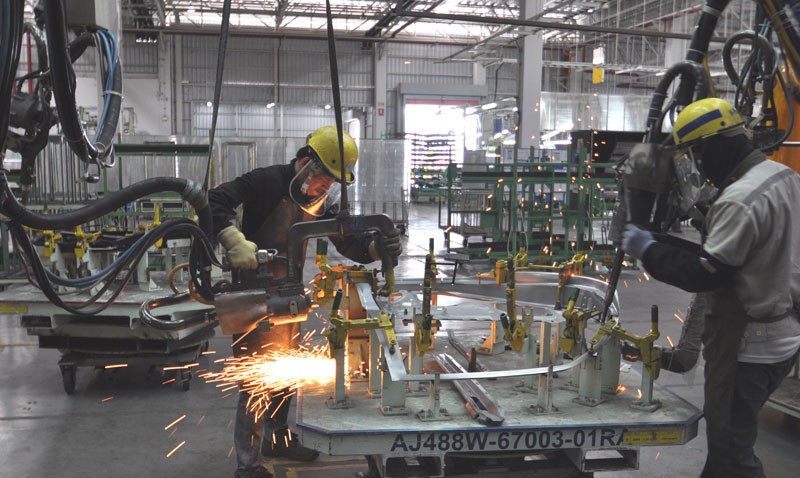Thailand tries to get Efta pact in place
All the versions of this article: [English] [français]
Bangkok Post | 1 October 2020
Thailand tries to get Efta pact in place
by Phusadee Arunmas
Thailand has kick-started efforts to forge a free trade agreement (FTA) with the European Free Trade Association (Efta), a regional trade bloc consisting of Iceland, Liechtenstein, Norway and Switzerland.
Auramon Supthaweethum, director-general of the Trade Negotiations Department, said on Wednesday after a seminar dubbed "Efta New Market in New Normal", the department hired the Institute of Future Studies for Development to study the benefits and impacts of a Thai-Efta FTA.
Public hearings will be organised later to gather comments from all stakeholders, she said.
"The department is likely to propose the outcome of the study and schedule public hearings with the commerce minister early next year," said Mrs Auramon.
If the commerce minister approves starting the talks, she said the department will proceed with proposals to the International Economic Policy Committee and the cabinet for final approval.
Efta is an intergovernmental organisation founded in 1960 by seven European countries to promote free trade and economic integration.
All the original signatories (except Norway and Switzerland) withdrew from Efta upon joining the EU, as did Finland (which became an associate member in 1961 and a full member in 1986). Iceland joined in 1970 and Liechtenstein joined in 1991.
Negotiations between Efta and Thailand were launched in October 2005. Two rounds were held, but talks have been on hold since 2006.
Efta was Thailand’s 16th biggest trading partner in 2019, with two-way trade amounting to US$9.77 billion, down 2.22% from 2018. Exports from Thailand accounted for $5.67 billion, while imports were worth $4.1 billion.
In the first eight months of 2020, two-way trade volume amounted to $8.39 billion, up 11.5% from the same period of last year, with Thailand enjoying exports worth $7.05 billion, a rise of 52.3% year-on-year.
Key export products included jewellery, watches and components, automobiles and parts, while imported products included diamonds and precious stones, jewellery, silver bar and gold, watches and components, machines and parts.






